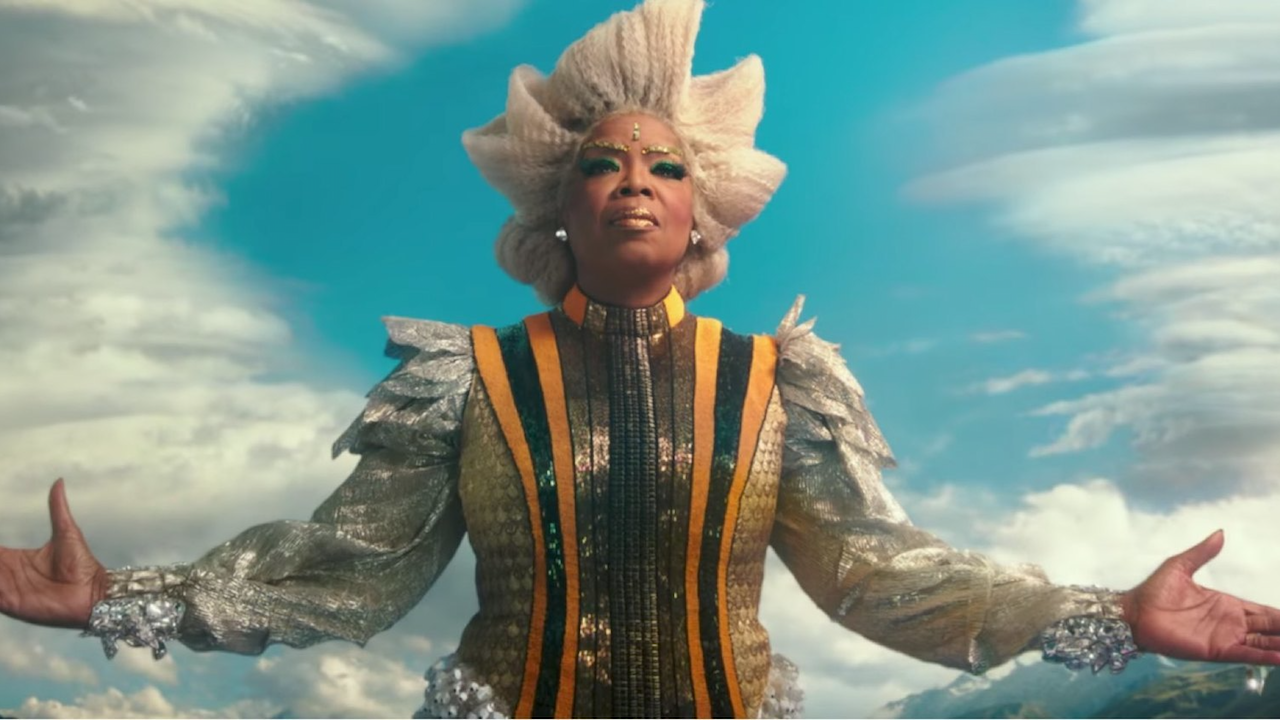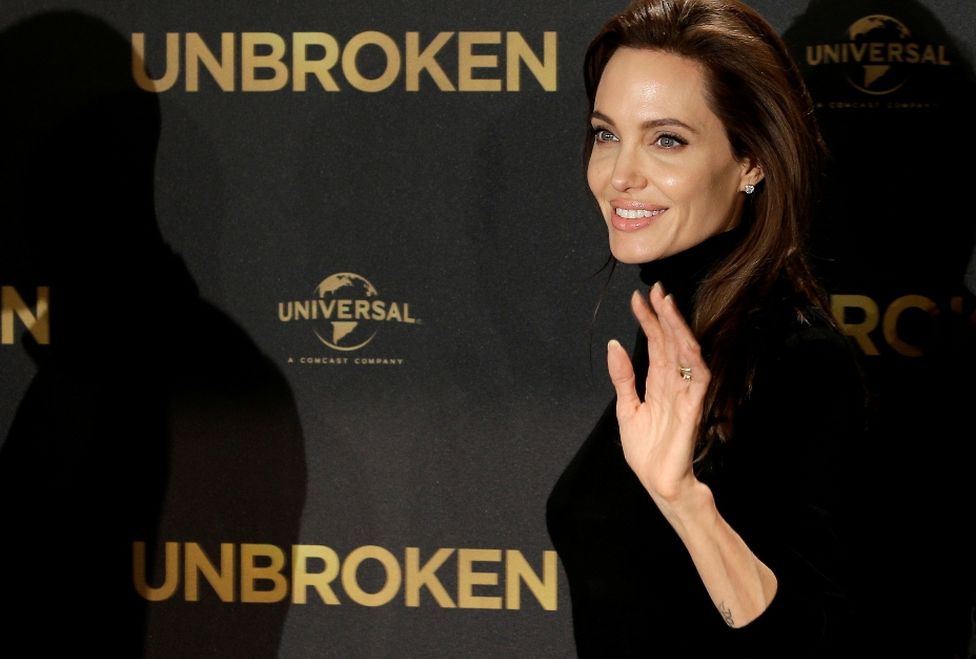A Wrinkle in Time
by Hope Madden
It was a dark and stormy night.
With this cheeky line, Madeleine L’Engle began an odyssey that entertained and emboldened, taught us to take responsibility for our own choices, highlighted the drawbacks of conformity and showed us how to be warriors for the light.
L’Engle’s novel, A Wrinkle in Time, though massively popular and never out of print since its 1970 publication, had its critics. Not Christian enough to be Christian, too Christian not to be, it was also among the first SciFi novels with a female point of view. This wasn’t taken super well by adults in 1970, but it was immediately and forever beloved by its intended audience.
A Wrinkle in Time was smart and groundbreaking, which, of course, makes it the ideal tale for Ava DuVernay.
Can the filmmaker who landed two near-perfect punches of social commentary in the last four years (Selma, 13th) bring this imaginative, vibrant, lovely classic of adolescent literature to life?
Yes and no.
With the help of scripters Jennifer Lee (Zootopia) and Jeff Stockwell (Bridge to Terabithia), DuVernay remains faithful enough to L’Engle’s vision without being limited by it. But she stumbles to translate some of the more dated concepts in the book, creating a conclusion that feels a bit rushed and confused.
Her picture looks glorious, though, conjuring images and movements vibrant enough to stand up to our own imaginations.
Of course, the casting is where DuVernay, with little fanfare and no disruption in the story, breaks the most ground. Storm Reid (Sleight) turns out to be the best choice the director makes, offering the perfect mix of adolescent self-loathing and smarts as our reluctant hero, Meg.
On the fourth anniversary of the disappearance of her NASA scientist father, Meg is called on a mission across time and space to find him. She’s joined by her genius little brother Charles Wallace (Deric McCabe, perfectly precocious and/or creepy, depending on need), a cute (and, let’s be honest, needless) boy from school (Levi Miller) and three unusual women (Oprah Winfrey, Reese Witherspoon, Mindy Kaling).
Their adventure is colorful and beautiful. It’s also full of lessons that feel less like a sledgehammer than reasonable nudging. (“You can do this. You’re choosing not to.”)
The supporting cast—Zach Galifianakis, Michael Peña, Chris Pine and Gugu Mbatha-Raw—balance the fantastical with the heartfelt. Galifianakis is particularly impressive.
Yes, there are more than a few corny, too-precious moments, but it is a kids’ movie. DuVernay can be credited with keeping that audience in mind to create a lovely film unabashed enough to bear-hug L’Engle’s message of positivity.




